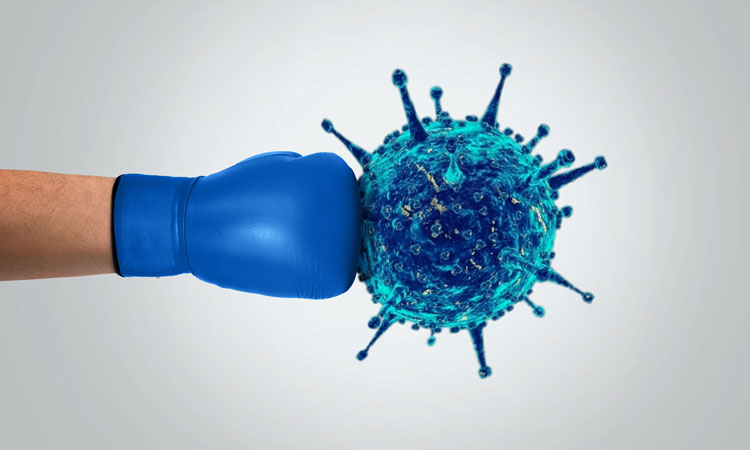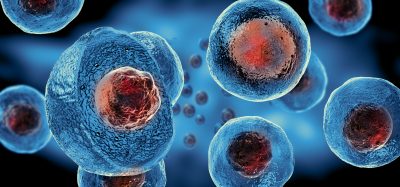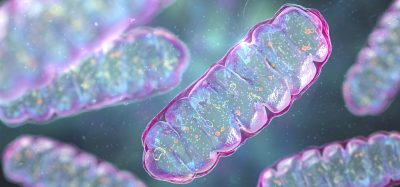Important Omicron insights to aid treatment success
Posted: 25 January 2022 | Mandy Parrett (Drug Target Review) | No comments yet
Knowledge is power – for scientists at least – and thanks to collaborative research from a UK and German university, we now have better understanding of the SARS-CoV-2 Omicron virus, including how it behaves and effective means of treatment.


The latest wave of Covid infection is well known to be courtesy of the Omicron variant; first identified late in November last year by researchers in South Africa.
It quickly became the dominant strain of SARS CoV-2 within a few short weeks, overtaking Covid cases from the Delta variant. Scientists identified that the high number of Covid-19 cases it caused – including several ‘superspreader’ events across Europe – was due to being more infectious than Delta and more successful at evading immunity from vaccination and past infections.
However, despite being highly contagious, symptoms of Covid-19 disease from the Omicron variant are generally far less severe than those from previous strains, but reasons for this have been unknown, until now.
A team of researchers from the University of Kent and the Goethe-University Frankfurt carried out a cell culture study to better understand the functioning of the Omicron variant and account for the disease characteristics it causes.
They identified that the body’s so-called interferon response is particularly powerful against the Omicron variant; helping to explain why infection symptoms are far less severe. Interferons are proteins that can induce a nonspecific resistance to viral infection via several mechanisms1 and are present in all cells of the body. The fact that the Omicron variant demonstrates a high susceptibility to this response can perhaps account for the lower rates of hospitalisation.
The scientists also discovered that despite the large number of mutations on the spike protein of the Omicron strain, its viruses remain sensitive to eight of the most important antiviral drugs and drug candidates for the treatment of COVID-19. These included the following: EIDD-1931 (active metabolite of molnupiravir), ribavirin, remdesivir, favipravir, PF-07321332 (nirmatrelvir, active ingredient of paxlovid), nafamostat, camostat and aprotinin.
Commenting on their findings, Professor Martin Michaelis, School of Bioscience, University of Kent, said: “Our study provides for the first time an explanation (of) why Omicron infections are less likely to cause severe disease. This is due to Omicron, in contrast to Delta, not effectively inhibiting the host cell interferon immune response.“
Professor Jindrich Cinatl, Institute of Medical Virology at the Goethe-University, added: “Although cell culture experiments do not exactly reflect the more complex situation in a patient, our data provide encouraging evidence that the available antiviral COVID-19 drugs are also effective against Omicron.“
This study was published in the journal Cell Research.
Reference
- JE H. Interferon: mechanisms of action and clinical value [Internet]. PubMed. 2022 [cited 25 January 2022]. Available from: https://pubmed.ncbi.nlm.nih.gov/6192965/
Related topics
Analysis, Cell Cultures, Disease Research
Related conditions
Covid-19
Related organisations
Cell Research, Goethe University Frankfurt, University of Kent
Related people
Professor Jindrich Cinatl, Professor Martin Michaelis








